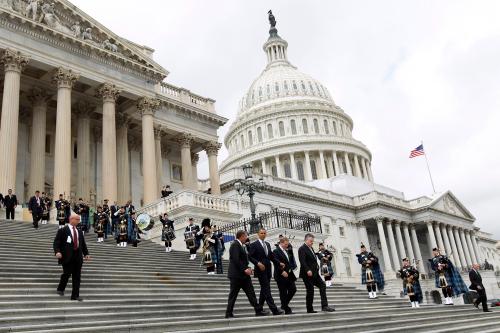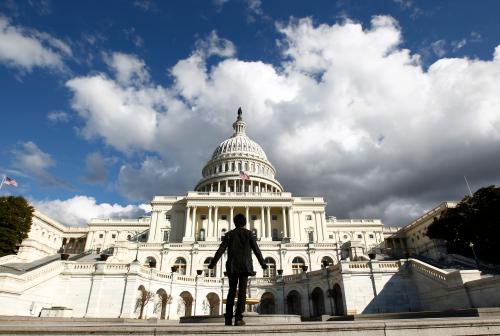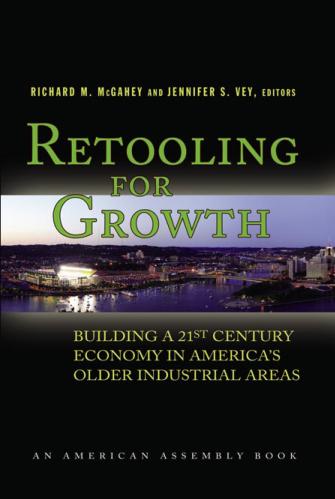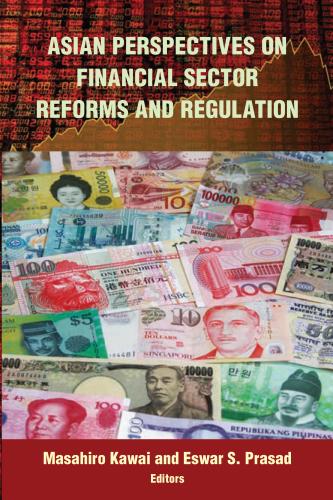Mr. Chairman and members of the Committee:
This is a critical moment for this Committee to focus on employment and job creation and for the Congress to take action. The future of the United States as a prosperous economy and as a world power depends on getting people back to work in productive jobs. Unless employment growth accelerates sufficiently to keep up with the natural increase in the labor force and gradually absorb the unemployed and the hidden labor force of discouraged workers, we are doomed to stagnation and eroding standards of living. This fate is not necessary. We have jobs that need to be done in both the public and private sectors and millions of people who want to do them. It would be unbelievably stupid to allow capacity to sit idle–workers skills to atrophy and work-places to become museums of out-of-date technology—for lack of imagination and political will.
However, policies to accelerate job growth and prevent a double dip recession must be part of a simultaneous strategy to stabilize the projected increases in national debt and return the federal budget to a fiscally responsible path. Rather than conflicting, these two sets of policies complement and reinforce each other. The faster we get people back to work, the easier it will be to move toward a sustainable budget. If the recovery stalls and unemployment rises again, prospects for stabilizing the debt will deteriorate rapidly. It will be worth some temporary increase in the near-term deficit to avoid getting into another downward spiral of falling jobs, sales, investment and confidence. At the same time, the faster we can put in place a firm plan to reduce looming future deficits—by reforming entitlements and the tax code to enhance incentives for growth—the more sustainable a stronger recovery will be. We cannot afford to wait until the economy recovers before acting to rein in the future deficits. These deficits reflect the on-coming tsunami of retirees combined with rising health care costs. The sooner we put fixes in place (either on the spending or tax side) the less disruptive these changes will have to be. If we continue postponing actions to stabilize the debt, we undermine the confidence at home and abroad in the ability of our political system to face problems and solver them. We risk a spike in interest rates and even a sovereign debt crisis that could permanently damage the power and prosperity of the United States.
Creating Jobs and Strengthening Recovery
No one should underestimate the difficulty of crafting policies that will effectively create jobs in the peculiarly daunting economic circumstances we face. It will take the best efforts of the public and private sectors working together plus cooperation and compromise across party and ideological lines—which is hard to achieve in the current polarized political atmosphere.
This recession is deeper and more intractable than most economists—including those in the Obama Administration and other national and global institutions—realized at the time employment and incomes plummeted in late 2008 and early 2009. Recessions precipitated by financial crises tend to be deep and long, as scholars have shown, but this one is likely to be especially hard to pull out of quickly. It was precipitated by an uncontrolled, immoral frenzy of overleveraged trading in complex derivatives based on unrealistic expectations of continuous value increases in the very assets that American households depend on most, their homes. After the plunge in those over-inflated values, we should not be surprised that confidence is low and consumers and the businesses that depend on them are deeply frightened of being over-extended.
The large stimulus package enacted in early 2009 helped keep the economy from sliding into an even deeper recession. Millions of jobs were created or preserved. Together with aggressive monetary policy, the stimulus helped reverse the downward spiral of falling demand and layoffs. CBO and other analysts have clearly shown that the economy performed substantially better than it likely would have in the absence of the fast and aggressive administration and congressional action. That growth, though positive, has been modest and unemployment remains high is evidence of the depth and intractable nature of the recession, not that the stimulus “didn’t work.”
But the events of the last year have shown that more action is needed. Just as the direct impact of the stimulus began running out, additional negative forces hit the economy—rising energy prices, the effects of the Japanese nuclear disaster, slowing growth in the rest of the world, and worrisome disarray in Europe. The President is absolutely right to propose a new package of tax cut extensions with incentives to boost employment, help for the long-term unemployed, and infrastructure investment. This package was carefully designed to incorporate many policies that appeal to both parties. It includes a proposal to redesign unemployment compensation to facilitate getting workers into jobs or training, not just to extend their benefits. Congress should take the President’s proposal as the basis for serious work with the White House to craft a bipartisan legislative package that will contribute to both short- and long term job growth and serve as insurance against another economic downturn.
The JSC: Unique Opportunity for a “Grand Bargain”
Won’t any action to create jobs—whether through spending or tax cuts—increase the deficit and add to the debt? Yes, of course, but we can afford to do that if the immediate actions are part of a legislative package that stabilizes the debt by reforming and simplifying the personal and corporate tax codes, reducing the rate of growth of Medicare and Medicaid, and putting Social Security on a firm foundation. Variations of such a “grand bargain” were recommended by the Simpson Bowles Commission and the Domenici Rivlin Task Force. Indeed, any serious bipartisan group seeking to stabilize the debt is forced by the arithmetic of the situation to a similar solution. The President’s speech yesterday voiced his clear commitment to the double strategy of creating jobs and reining in future deficits.
The new Joint Select Committee has the power to go beyond its initial mandate and make the grand bargain a legislative reality. The best thing that could happen to prospects for American growth and jobs—both long and short-run–would be for the JSC with the strong support of the President and Congressional leadership to “go big” and use their extraordinary powers to put into law an immediate jobs program incorporated into a “grand bargain” designed to stabilize the debt.
Mr. Chairman, you and your former colleague, Senator Judd Gregg, and many others worked tirelessly to get the Congress and the President to this point. I earnestly hope the Joint Select Committee will prove able to finish the job.
Thank you, Mr. Chairman and members of the Committee.
The Brookings Institution is committed to quality, independence, and impact.
We are supported by a diverse array of funders. In line with our values and policies, each Brookings publication represents the sole views of its author(s).









Commentary
TestimonyEmployment, Growth, and the Budget
September 20, 2011